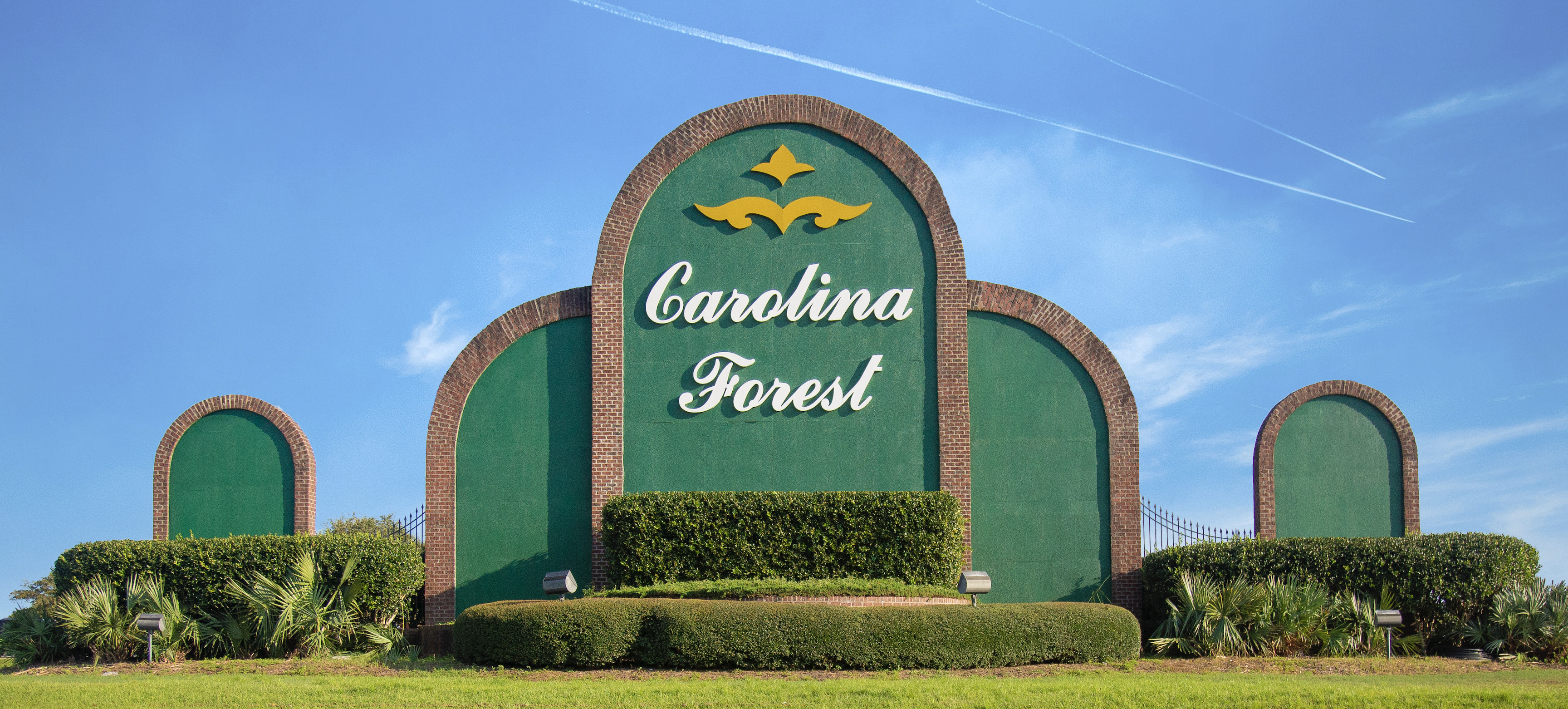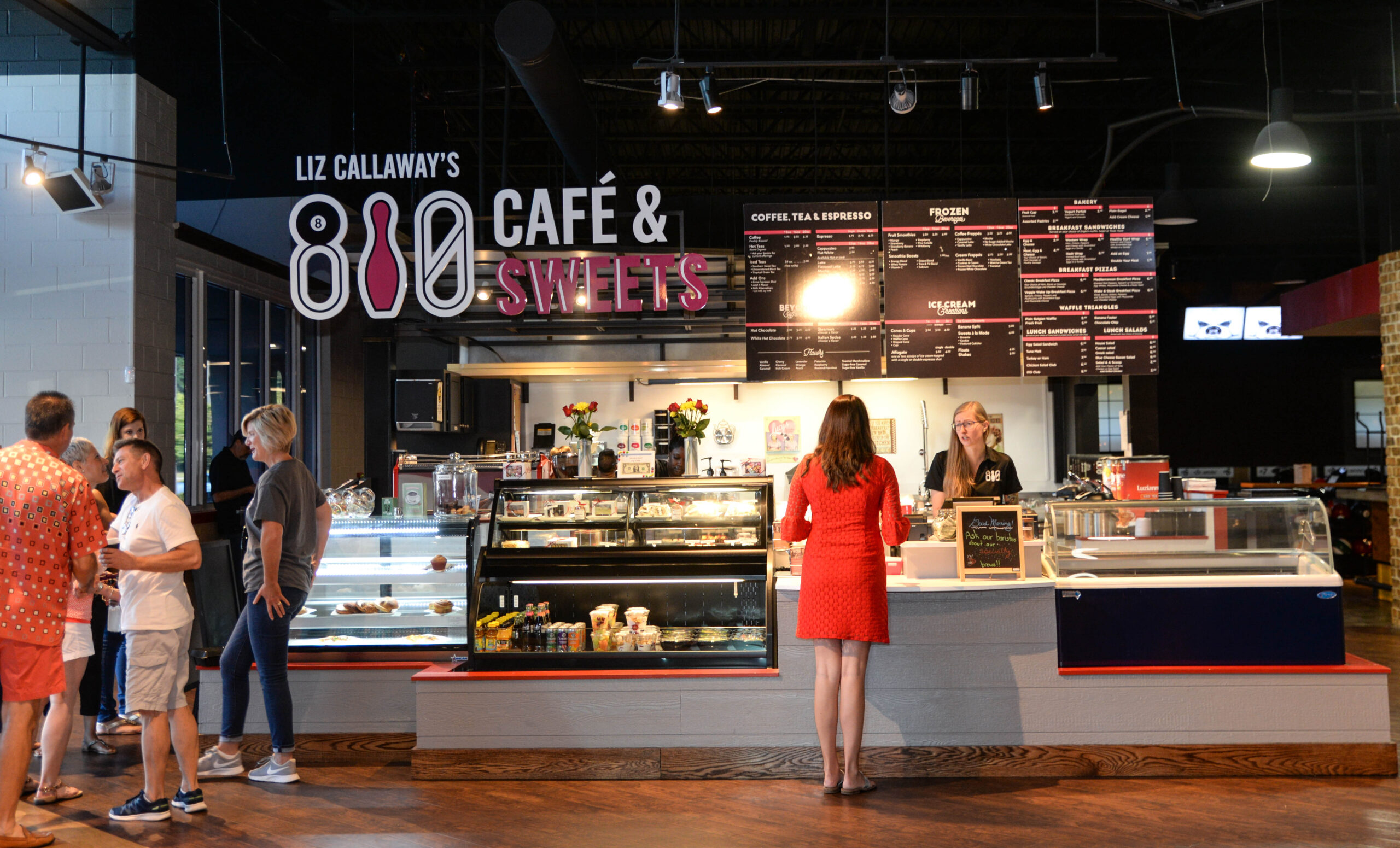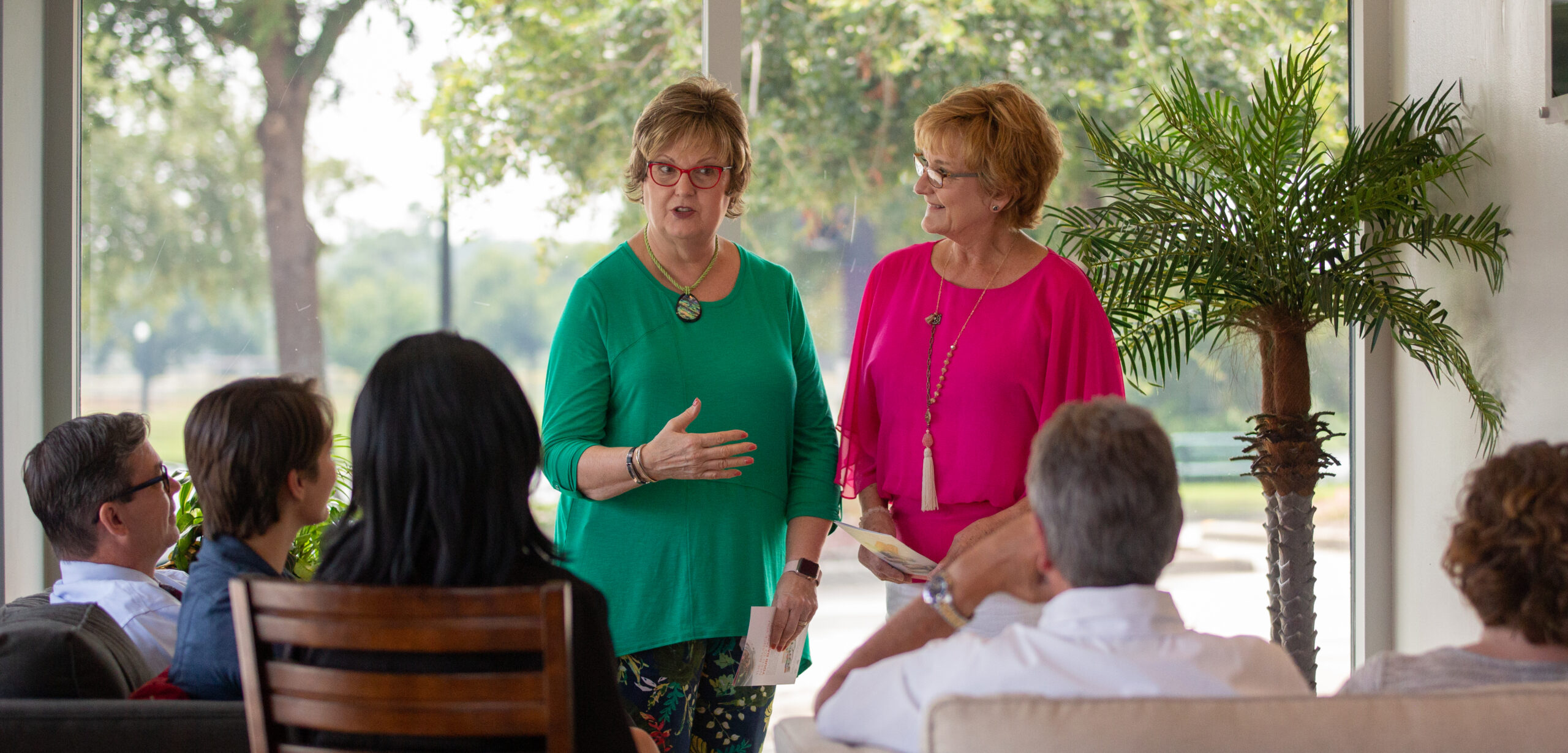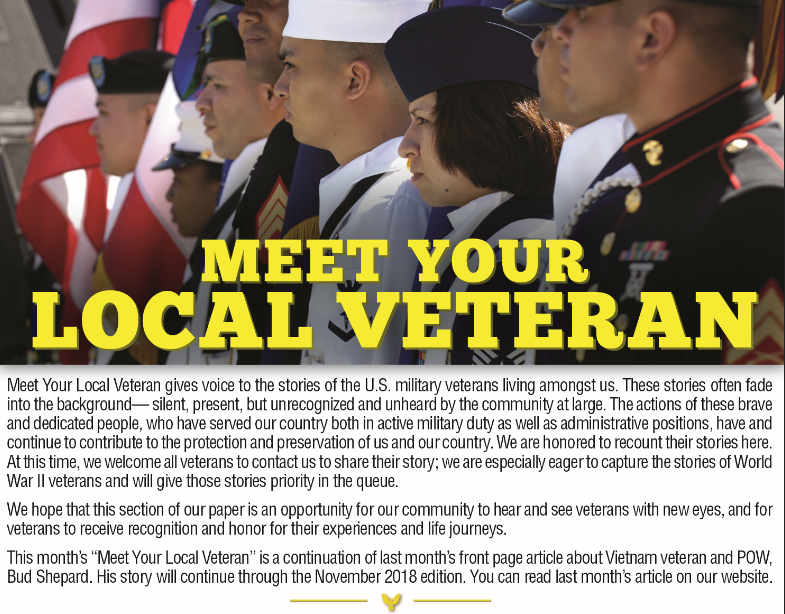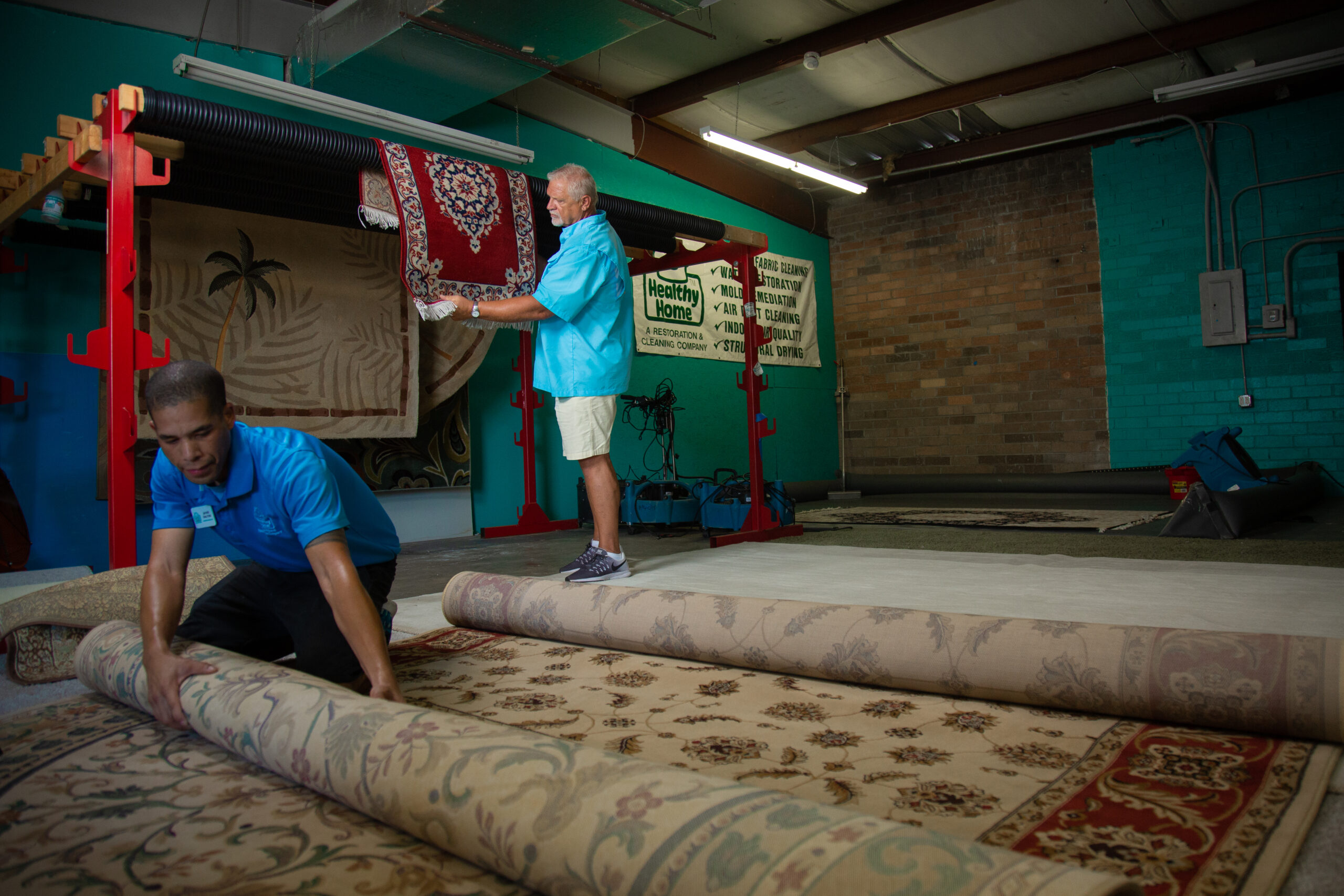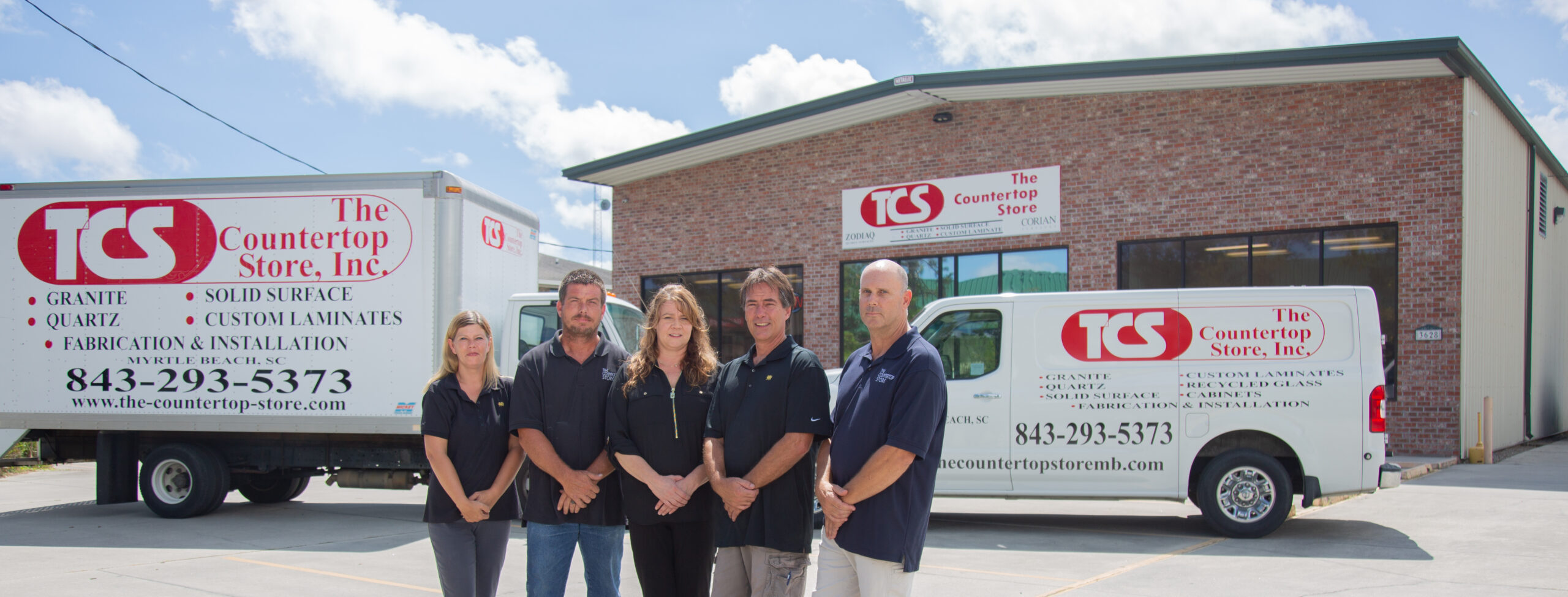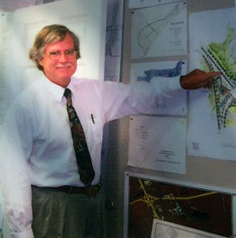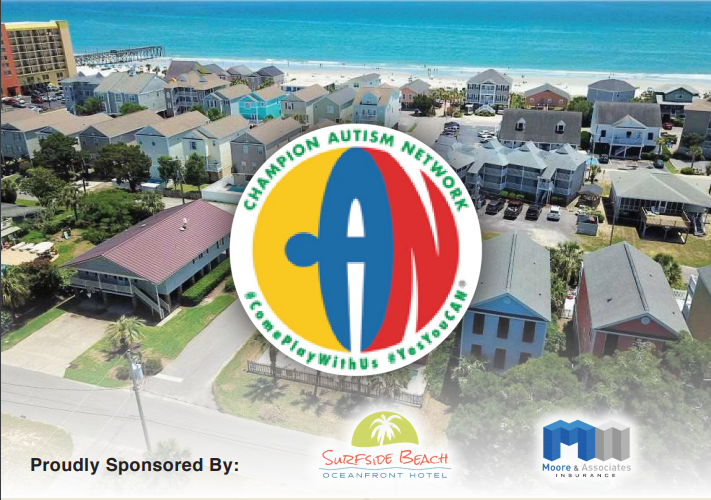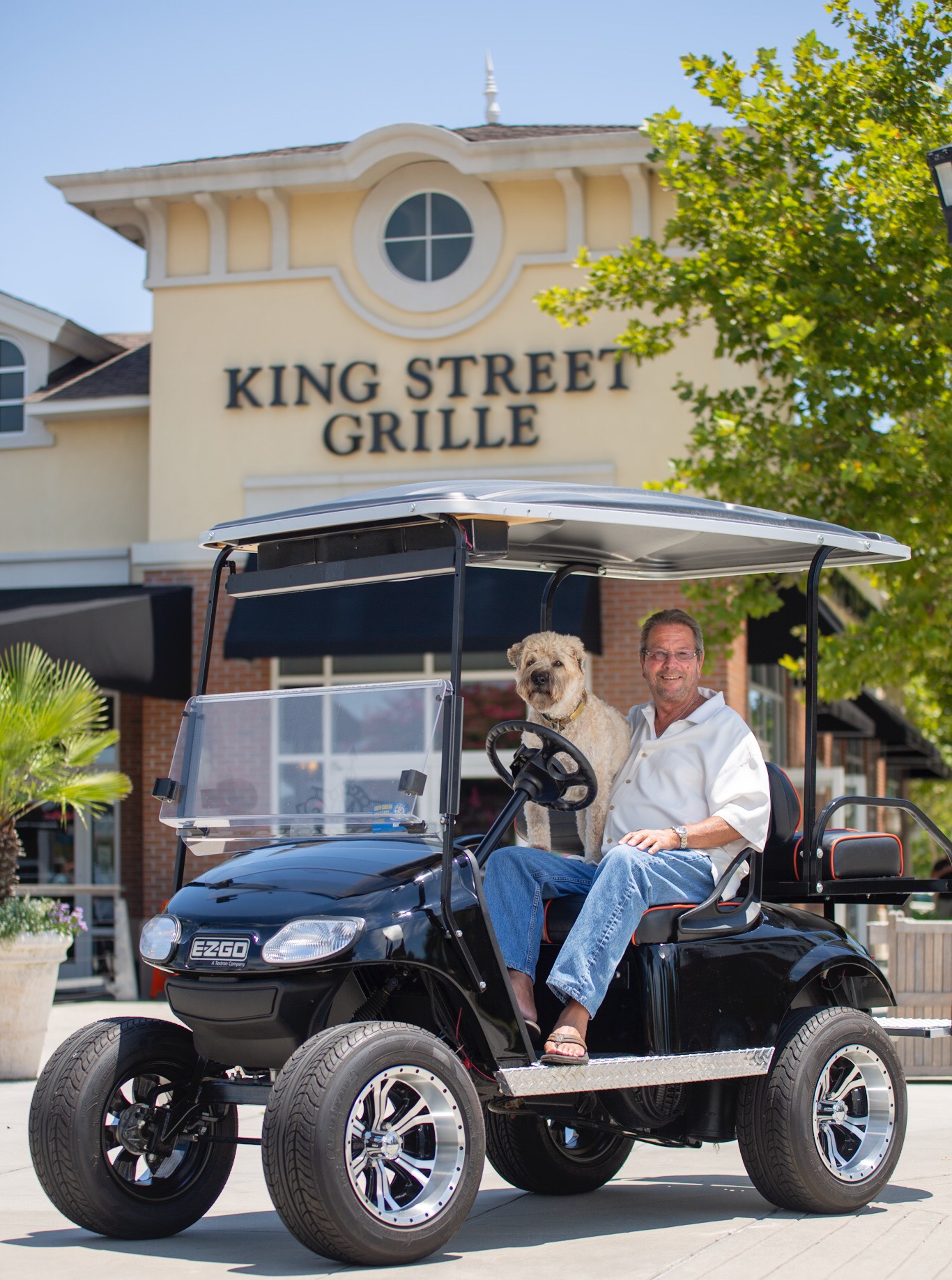Carolina Forest
A Family First Unincorporated Community by Melissa LaScaleia Carolina Forest is a family-centered community located between the cities of Myrtle Beach to the east, and Conway to the west. All addresses which fall under the 29579 zip code are designated as part of Carolina Forest, the fastest growing unincorporated part of Horry County. Long ago, this area was owned by International Paper. In the 1800s, the company managed vast tracts of forested land, and farmed and milled the trees to produce paper and wood products. Although they cut down some trees in this area, they decided to keep it primarily forested. Over time, the company’s interests expanded into real estate, and they sold off wide expanses of the wooded area to developers. Eventually they entered an agreement with Horry County to return the land to the residents through a developmental plan, the stipulations of which included restrictions on how quickly houses could be built. It expired at the end of 2017, leaving no constraints on the developmental process. As a result, there has been a surge of construction in this area over the past year. But the same preservation instinct has guided the land owners of today, just as it did back then; and large portions of this area have been set aside and protected as conservation land— making the moniker, Carolina Forest, an appropriate one. “We’re like an urban PUD,” says Carole Van Sickler. “Market Common was planned as an urban PUD, but unlike them, we don’t have such a heavy focus on business or retail— we are mostly a residential district.” Carole van Sickler, president of the Carolina Forest Civic Association, stands in front of a bent tree— a pictorial testimony to the recent affect Hurricane Florence has had on the area. — Photo Meganpixels Parker Because a census is done every ten years, there are no current statistics for the population, but some estimates tally it at around 50,000. There are roughly sixty HOAs that traverse the twenty-five square mile area. Despite its size, Carolina Forest is an unincorporated area, nor is it an incorporated city. “We have a unique face in that we don’t have direct government here,” Carole says. “We have county government that governs us.” As a result, in November 2009, area residents created the Carolina Forest Civic Association, a 501(C)(4) organization to identify community issues and work as a body with government agencies to address the needs of Carolina Forest. The organization is one hundred percent volunteer run. Carole is the current president. She joined the organization in 2010, and has served on the board in various capacities since 2011. “We don’t get paid or ask for money,” Carole says. “We just ask for people to join, and to give their time and opinions.” “We create a voice for the residents through all levels of government to make sure our voices are heard and our issues are recognized,” says Jeff DeSantis, a member of the board. The Carolina Forest Civic Association recently championed that community voice to great effect. One of the group’s main focusses at this time is public infrastructure—garnering support for the building and expansion of public roads to better manage traffic. “We create a voice for the residents through all levels of government to make sure our voices are heard and our issues are recognized,” says Jeff DeSantis, director of the Carolina Forest Civic Association. — Photo Meganpixels Parker Carolina Forest is currently in Ride 3, which means they are next on the docket to receive roadway attention. Carolina Forest Blvd is being widened, and there are plans to build additional roadways to help manage traffic flow. The association is working with Horry County to represent the community’s needs and preferences in the design of these roads, as well as to secure the necessary funding for the projects. “When Horry County came out with the initial concept for the expansion of Carolina Forest Blvd,” Jeff says, “the blueprint looked like a straight 5-lane highway, rather than a boulevard. The community wanted to retain the homey look and feel of a boulevard— to look like Market Common, with street lamps and green rotaries to offset the harshness of a straight design. We pushed for what we wanted, and as a result, we secured most of what we asked for.” In addition, the Carolina Forest Civic Association has a focus on giving back to the community. They host the HOA Committee group which is devoted to bringing HOA board representatives together to discuss the topics and challenges that they are facing, and then address those as a community. “We connect them with other HOAs who have had or are having similar challenges so they can help each other,” Carole says. “We are absolutely a family first community, we’re always looking out for one another,” Jeff adds. “We do a lot of our communication through a closed Facebook group for area residents; it was started a couple of years ago, and it currently has 7,000 members.” A current community hot topic is that of public safety. “We are absolutely a family-first community, we’re always looking out for one another,” says Jeff DeSantis. Here Carolina Forest residents Grace Ferrara (left) and Stacey Shankle (right), help organize relief supplies for the community in the wake of the storm. “Carolina Forest has three police officers at any given shift, while Conway, with similar population numbers, has thirty,” Jeff says. As a result, many communities have come together and implemented a neighborhood crime watch, while HOAs have hired external patrol watches to protect their communities. The Carolina Forest Civic Association recently hosted the Joe DeFeo Scholarship Charity Golf Tournament on September 1. The profits will fund scholarships for graduating high school students as they embark on college careers. In October, the association is hosting a business expo in Carolina Forest. There are forty-three vendors, small businesses, who will come out for the opportunity to network with the community and pull the community closer together. The Carolina Civic Association has $10,000 in raffle … Read more

